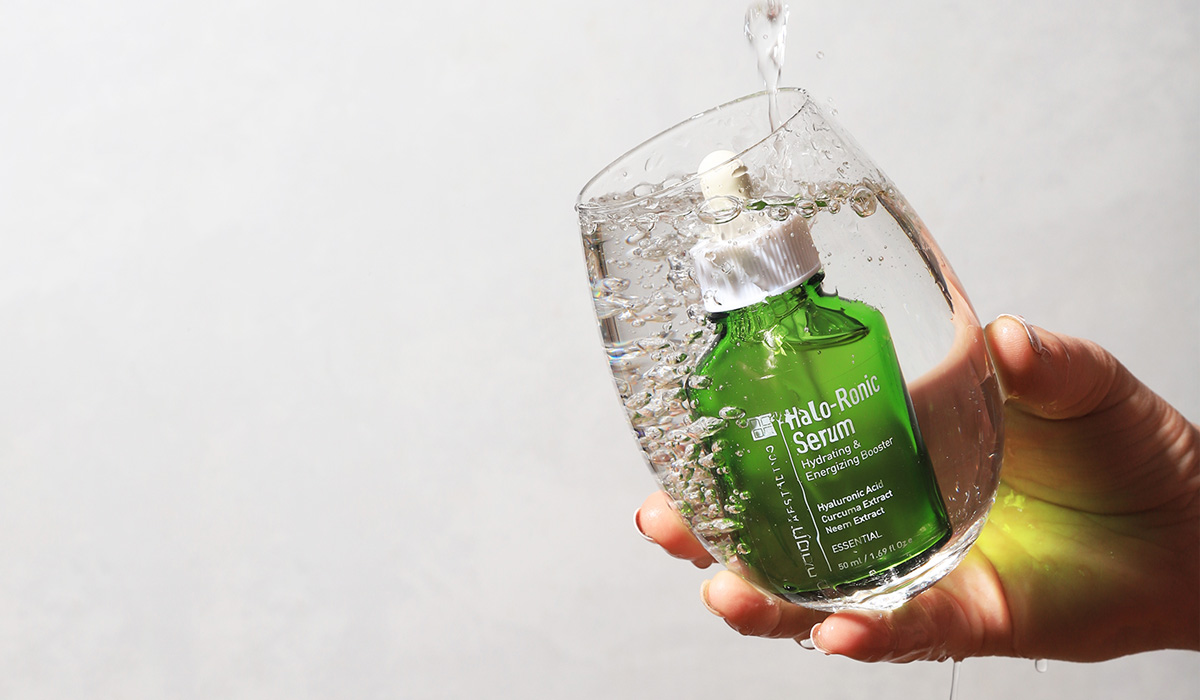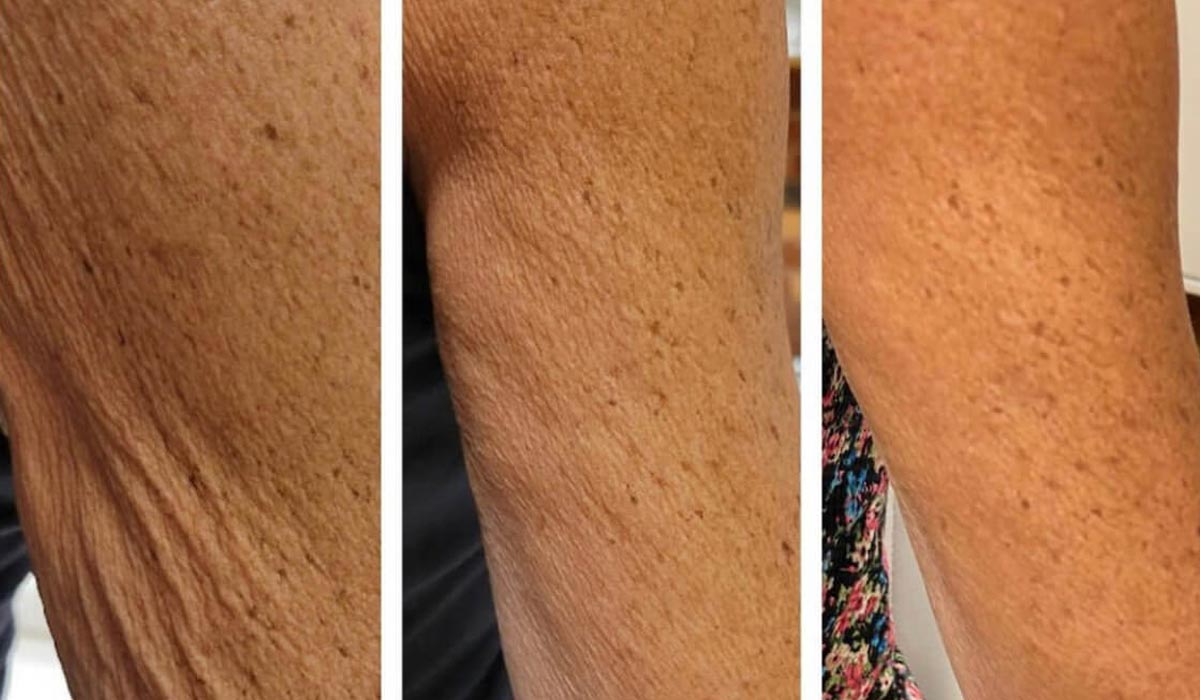Luxury vs Medical-Grade Skincare: What Your Skin Really Needs

In the ever-expanding universe of skincare, consumers are faced with countless options of skincare products promising transformative results. Two categories that often create confusion are luxury skincare and medical-grade skincare. As a medspa owner and certified skincare specialist, I’m frequently asked by clients about their skincare products and if they are the right product for their skin type or condition. And more often, how does their expensive department store cream compare with the medical grade skincare products we carry at our studio.
Today, I’m breaking down the key differences between Luxury and medical grade skincare brands and ingredients, so you can make informed decisions about your skin health investments.
Understanding the Categories
1. Luxury Skincare
Luxury skincare products are those high-end items typically found in department stores, specialty beauty retailers, and prestigious brand boutiques. These products are characterized by:
2. Medical-Grade Skincare
Medical-grade (or clinical) skincare products are formulated to medical standards and are typically available through medical professionals like dermatologists, plastic surgeons, and medspas. These products feature:
The Science Behind the Bottle
Ingredient Potency
The most significant difference between luxury and medical-grade products is the concentration and quality of active ingredients. Medical-grade products typically contain higher percentages of active ingredients like retinol, stable vitamin C, AHAs, and peptides.
For example, an over-the-counter retinol product might contain 0.01-0.03% retinol, while a medical-grade product might contain 0.5-1.0%. This difference in concentration dramatically impacts results.
Penetration Power
Medical-grade skincare is specifically formulated to penetrate deeper layers of the skin. The molecules in these products are often smaller and more precisely engineered to reach the dermis where collagen and elastin are produced.
Luxury products, by contrast, are primarily designed to work on the skin’s surface (epidermis) and provide immediate comfort and sensory benefits. Something to keep in mind with luxury brands are the irritation and allergic factors related to the high level of fragrance used in these products.
The Regulatory Landscape
Medical-grade skincare must adhere to stricter regulatory standards and often undergoes clinical testing to verify claims. These products are classified differently by the FDA compared to over-the-counter cosmetics.
Luxury brands, while still regulated for safety, are not required to prove efficacy to the same degree. Their claims can be more marketing-focused without the same burden of scientific proof.
The Experience Factor
Let’s be honest luxury skincare provides an experience that many people enjoy. The ritual of applying a beautifully packaged, wonderfully scented cream can be therapeutic and stress-reducing.
Medical-grade products often focus less on the sensory experience and more on delivering results. They may not have the same beautiful packaging or pleasing fragrances, but their formulations prioritize skin health over sensory pleasure.
Return on Investment: Which Gives Better Results?
When investing in skincare, consider what you’re paying for:
With luxury products, a significant portion of your investment goes toward:
With medical-grade products, your investment primarily covers:
For those seeking specific results reducing hyperpigmentation, improving acne, diminishing fine lines medical-grade products typically deliver superior outcomes per dollar spent.
Who Should Use What?
Consider Medical-Grade If:
Consider Luxury If:
For those seeking specific results reducing hyperpigmentation, improving acne, diminishing fine lines medical-grade products typically deliver superior outcomes per dollar spent.
Finding Your Balance
The good news: this isn’t an either/or decision. Many of our clients find their ideal routine incorporates both:
This approach gives you the clinical results where they matter most while still enjoying the sensory pleasure of luxury skincare.
The Professional Advantage
At Rytualist Aesthetics, we believe in customized skincare approaches. What works for a celebrity or influencer might not be right for your unique skin. When you invest in medical-grade skincare through a professional, you’re not just buying products you’re gaining expert guidance. We analyze your skin, consider your concerns and goals, and recommend a personalized regimen designed for your specific needs. This professional assessment is something no department store beauty counter can provide, regardless of price point.
Conclusion
While luxury skincare offers beautiful packaging and sensory pleasure, medical-grade products deliver proven results through higher concentrations of active ingredients and scientifically-validated formulations.
At Rytualist, we have researched several medical grade brands and have selected NOON Aesthetic Skincare as our recommended brand. It is newer to the US and they have recently teamed up with one of the top laser manufacturers (Cartessa), to deliver their pre/post laser treatment protocol. They have created advanced formulations with fewer steps, and NOON’s patented Dermshield Technology delivery system allows even higher % active ingredients with reduced side effects and irritants.
Your skin is unique, and your approach to skincare should reflect that. We invite you to schedule a free skin consultation with one of our experienced providers and discover which medical-grade products might complement your current routine and help you achieve your skin health goals.











